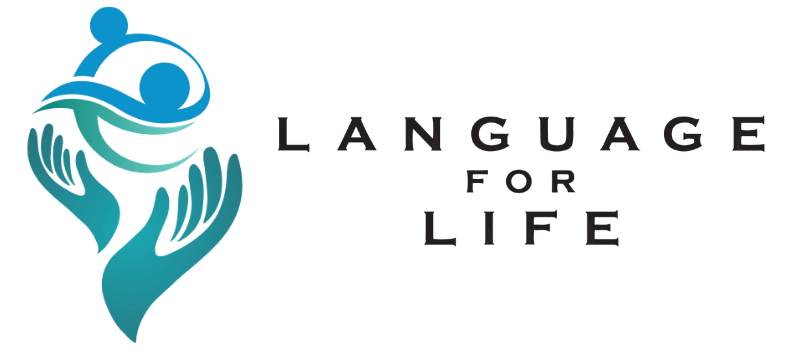This is a term that is increasingly being used in the media and elsewhere to describe children who have difficulties communicating.
Speech, language and communication needs (SLCN) encompasses a wide range of difficulties such as a speech delay, autism or Down’s syndrome.
The children’s communication charity can offer an insight into what SLCN is. A child with speech, language and communication needs:
- Might have speech that is difficult to understand
- They might struggle to say words or sentences
- They may not understand words that are being used, or the instructions they hear
- They may have difficulties knowing how to talk and listen to others in a conversation
ican says children may have just some or all of these difficulties; they are all very different.
Speech, language and communication are crucial for reading, learning in school, for socializing and making friends, and for understanding and controlling emotions or feelings.
SLCN is often called a ‘hidden difficulty’. Many children with SLCN look just like other children and can be just as clever. This means that instead of communication difficulties people may see children struggling to learn to read, showing poor behavior, having difficulties learning or socializing with others. Some children may become withdrawn or isolated. Their needs are often misinterpreted, misdiagnosed or missed altogether.
Many children struggle to communicate; the significant numbers of children with speech, language and communication needs make this a major issue.
How many children have SLCN?
One in ten children have SLCN that need long-term support. This includes children whose main difficulty is with language – they have specific language impairment (SLI). It also includes children who have communication difficulties as part of another condition such as Autism, cerebral palsy or general learning difficulties.
That means 2 to 3 students in every classroom have significant communication difficulties.
In some parts of the UK, particularly in areas of poverty over half of children start school with speech, language and communication needs. They have immature language, which means their speech may be unclear, vocabulary is smaller, sentences are shorter, and they are able to understand only simple instructions. Some of these children may catch up with the rest of their class given the right support.
1% of all children have the most severe and complex SLCN. These children may need a high level of interventions and support, such as that provided in I CAN’s special schools.
If these children are not identified and supported, they can become frustrated and angry. They can misbehave in school, which in turn can lead to social exclusion and for some involvement in criminal activity
With the right help, children with SLCN can learn, enjoy school, make friends and reach their full potential.
Credit to: Integrated Treatment services

